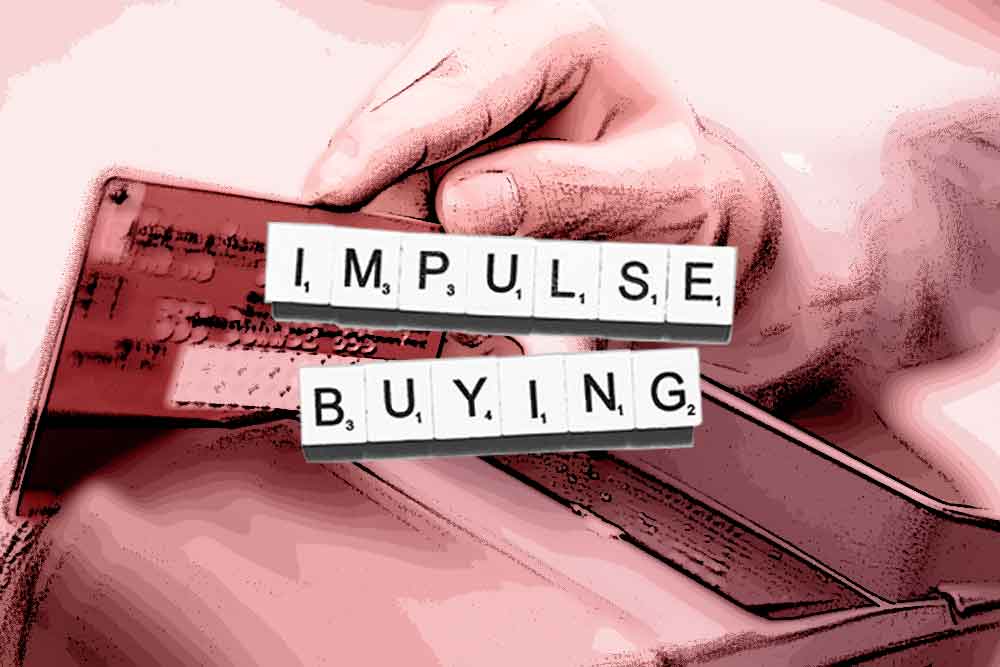Personal Finance
How to Stop Impulse Buying


The urge to splurge on that trendy new gadget or an irresistible sale can be powerful. Many of us are guilty of this. We tend to forget everything else and tell ourselves “nah, we’ll recover from this in no time,” but that is now always the case. Before you swipe your card, consider the long-term impact on your finances. Impulse buying can derail your budget and leave you feeling regretful.
Luckily, there are ways to help you regain control of your spending habits. Here two key tactics you can employ if you’re really having a hard time against impulse buying:
Implement a Waiting Period
Sleep on it, whatever it is. Sleep on it. In the heat of the moment, our financial judgment can become clouded by excitement or the fear of missing out. This is where the power of the pause comes in. Before making an impulse purchase, impose a waiting period on yourself. This could be 24 hours, a week, or even a month, depending on the cost of the item. During this time, consider your true need for the item, research similar products, and compare prices.
The waiting period allows you to make a rational decision, not one fueled by fleeting emotions.
Know Where Your Money Goes
Impulse buying often thrives in a disorganized financial environment. To gain control, create a budget that allocates your income towards specific needs and savings goals. This will give you a clear picture of your spending power and highlight areas where you can cut back. Additionally, track your expenses daily or weekly.
Monitoring your spending habits can be eye-opening, revealing hidden impulse purchases and helping you identify patterns to break.
Conquering impulse buying takes discipline and a shift in mindset. By implementing a waiting period and creating a budget, you can make informed financial decisions that align with your long-term goals. There will be slip-ups, but by staying mindful and utilizing these strategies, you can break the cycle of impulse buying and build sustainable spending habits for a brighter financial future. (GFB)
































